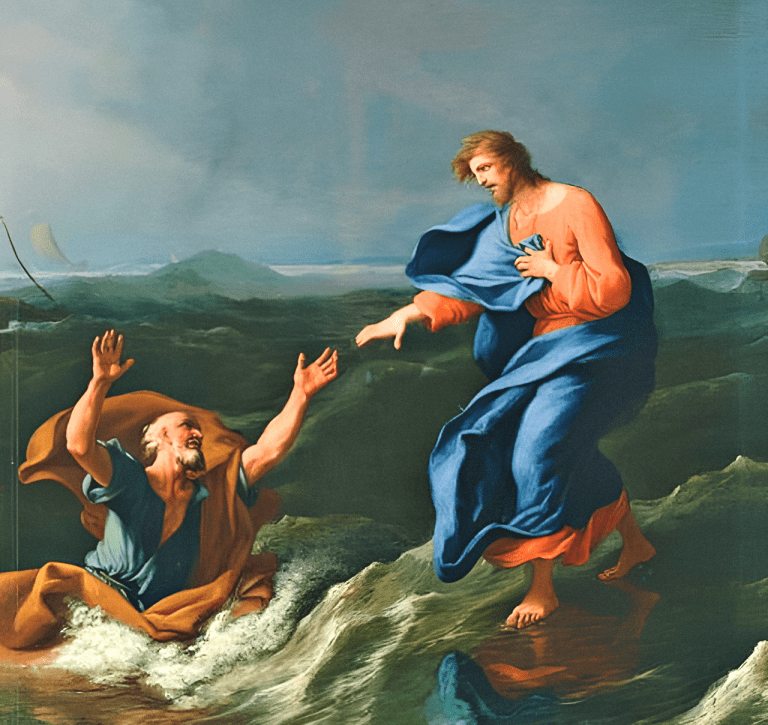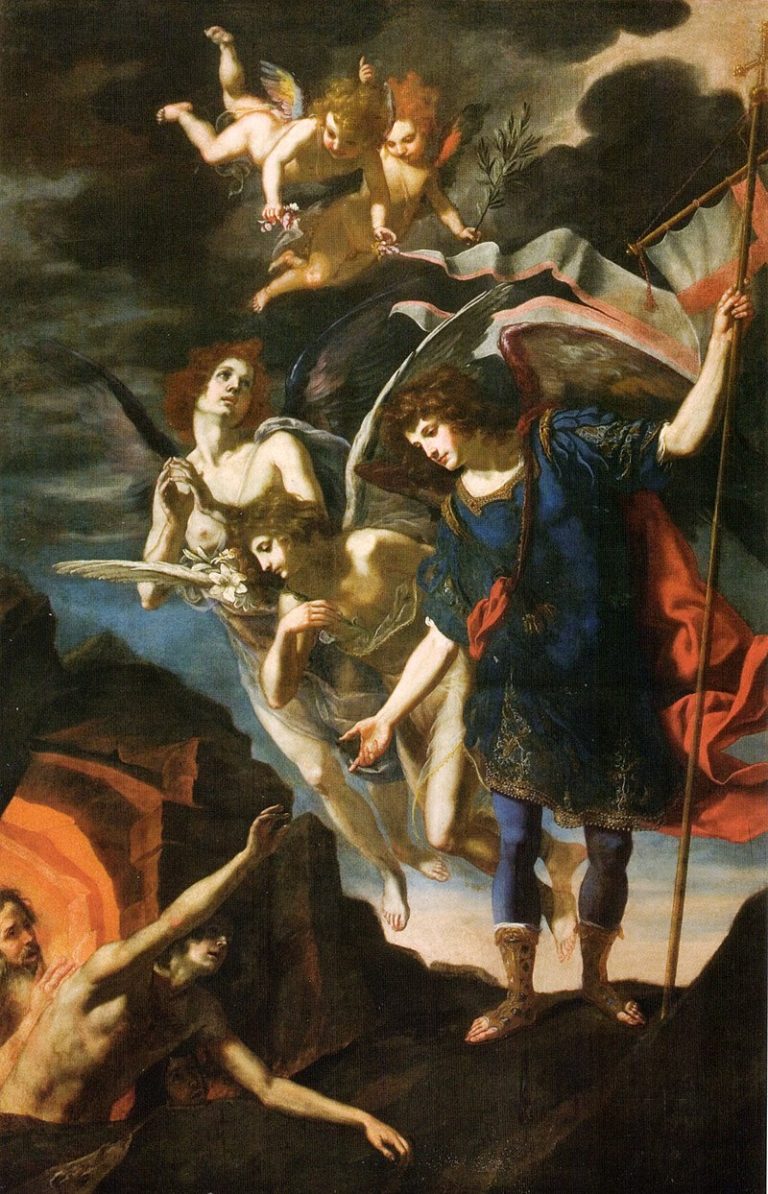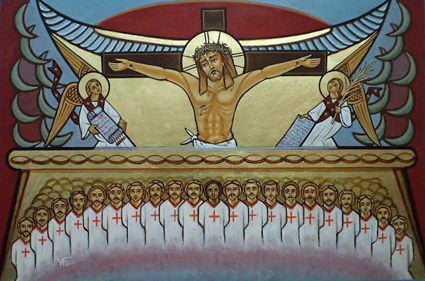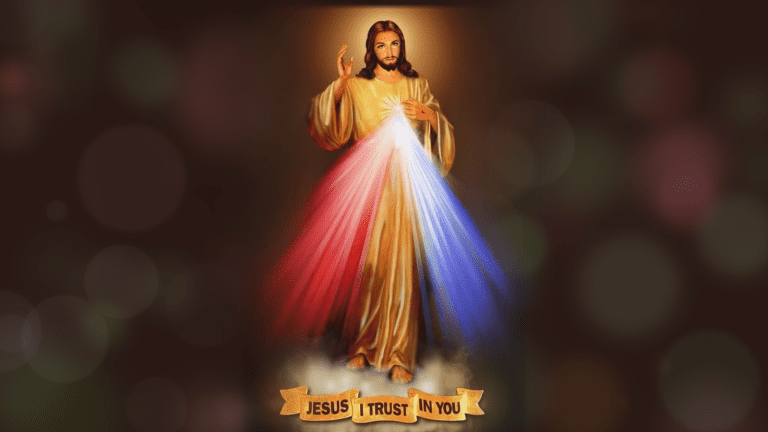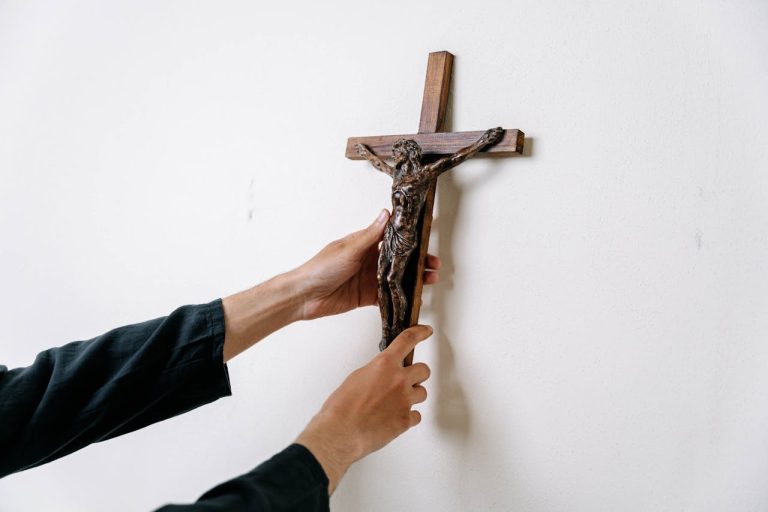Many of us go through viewpoints about Abraham Lincoln that reflect our view of the world. The first, simplest view is “Lincoln freed the slaves.”
The second is more complicated. It may include facts and opinions that Lincoln was a tryant, that he didn’t care about The Constitution, that he rode roughshod over the rights of Americans, that he waged a war he had no right to declare or continue, and that he was a mass murderer who caused more Americans to be killed than in any other war. Those who have come to this conclusion answer “Villain!” when asked, “Was Lincoln a hero or a villain?”
Those who hold this view frequently embrace the well-known theory that Mr. Lincoln was a third-stage syphilitic medically unable to make sound decisions. These critics say he was driven by the megalomania characterized by the later stages of that disease to fight an unnecessary war. Some agree. Some disagree. Some say, “So what?”
Defenders of Lincoln bring up the usual points. He, as Andrew Jackson threatened before him, would use military force to do defend the union because the seceding states had no Constitutional right to withdraw. Lincoln was also minimizing the number of independent nations on the Continent, ensuring greater peace than that found within a greatly divided, warring Europe of similar size.
Other defenders of Lincoln are aware of the plans and machinations originating from organizations like The Knights of the Golden Circle. That particular group was financed by European bankers to create a slave-based empire occupying all the territory within a 600 mile radius centered on Havana, Cuba.
The Knights of the Golden Circle would have an empire extending as far as St. Louis, taking in the Southern states, the Caribbean Islands, Mexico, and the Northern part of South America. This “Golden Circle” would produce all the cotton, rice, tobacco, and sugar that most of the world needed. At the time, many thought this would be a good idea. Young “Southern gentlemen”, in particular, saw it as a way to provide themselves with their own plantations and slaves. They met in the organizations “castles” that were built throughout the Southern states.
All these things, and many more, may be constantly rehashed. Still, one conclusion may be reached. Before Lincoln, there was slavery in the United States. After Lincoln, there wasn’t. Before Lincoln, there were ego-driven secessionist movements. After Lincoln, there weren’t. It would appear that if slavery and political coherence were important, the question “Was Lincoln a hero or a villain?” could best be answered with “Hero”.
As we get older, we find that such questions recede in importance. As we approach our own Judgment, we realize that we want our opinions to be in line with The Judge. He’s the one who told us to love our neighbor. And, that’s how we should form all our opinions about who’s good and bad in history. Then, we use that as a guide in thinking, speaking, and doing. That’s what history is for.



